Steemians, today I come to talk to you about fungi, living things without chlorophyll.
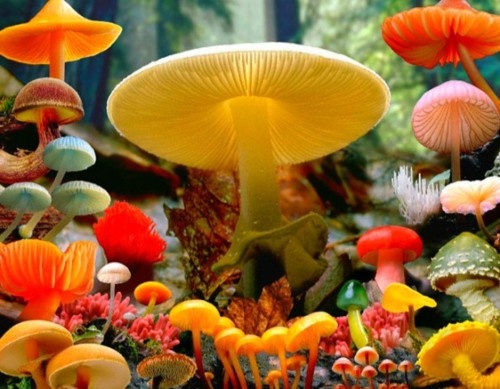
There are more than 70,000 species of the fungi present in this worl
General Characteristics of Kingdom Fungi
- These are eukaryotic in nature.
- These are the best recyclers as they are decomposers.
- These are non photosynthetic owing to lack of chlorophyll.
- These are non-motile.
- Instead of cellulose, their cell wall is made up of carbohydrate chitin.
- These are closely related to the animal kingdom rather than the plant kingdom.
- These do not contain true roots, stems or leaves.
- These digest food externally and then absorb it i.e. they are absorptive heterotrophs.
- These do not depend on light and can occupy any dark habitat along with growing in any direction.
- These can also invade the interior of any substrate with the absorptive filaments.
- Hyphae i.e. tiny filaments or tubes makes up their body. It also secretes enzymes for breaking down of organic material into simpler compounds.
- These contain multiple nuclei along with cytoplasm.
- These cannot produce their own food and can live anywhere in air, water, soil, plants, animals.
- They can reproduce by using both sexual and asexual means of reproduction.
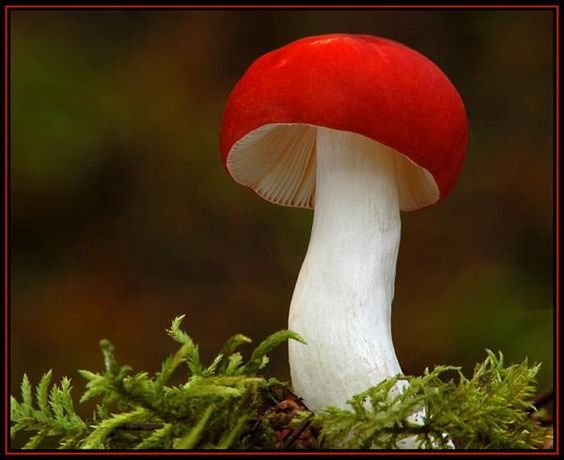
The fungi are associated with magic and fantasy
Classification of Kingdom Fungi
Phycomycetes: found in aquatic habitats, decaying woods, in the moist and damp places, as parasites on plants.
Mucor/ Rhizopus: these live on the dead organic matter.
Albugo: these grow in the intercellular spaces of the host tissues.
Ascomycetes: these are saprophytic, parasitic, grow on dung and are decomposers.
Yeast: these are unicellular, and are either oval or spherical in shape.
Basidiomycetes: their mycelium is septate and branched.
Deuteromycetes: these are also known as the imperfect fungi owing to the fact that only their asexual and vegetative phases are known.
Some pictures of the different types of fungi.
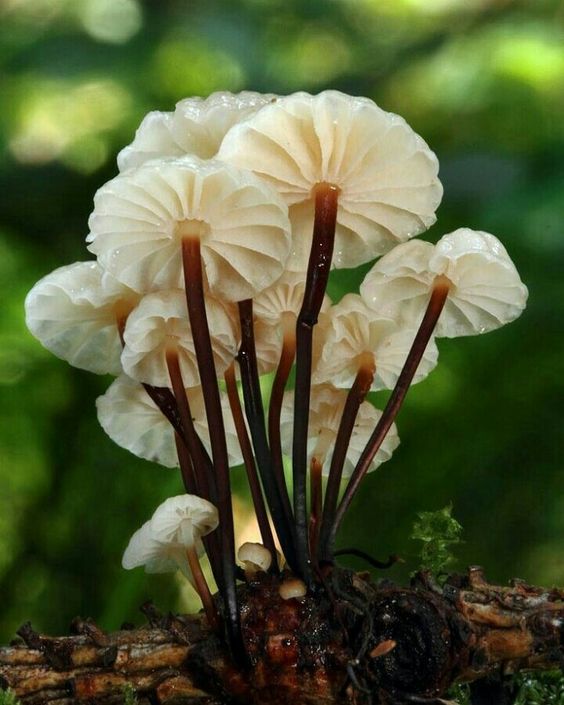
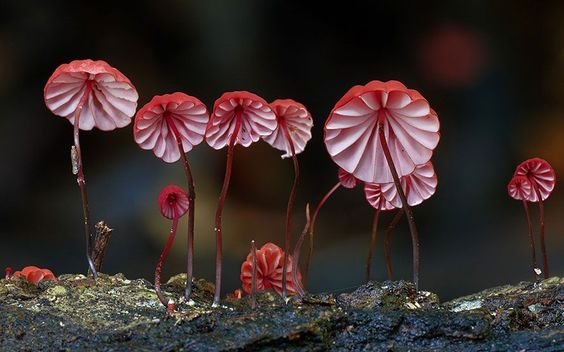
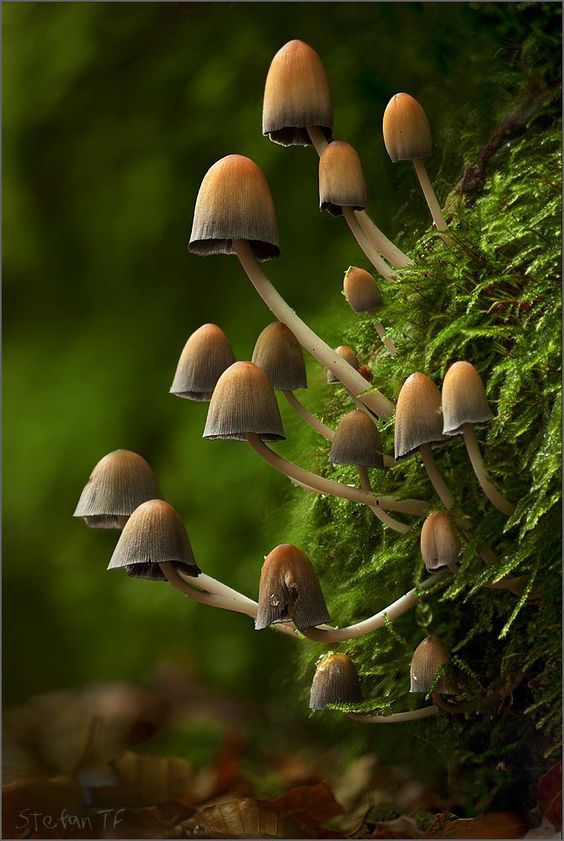
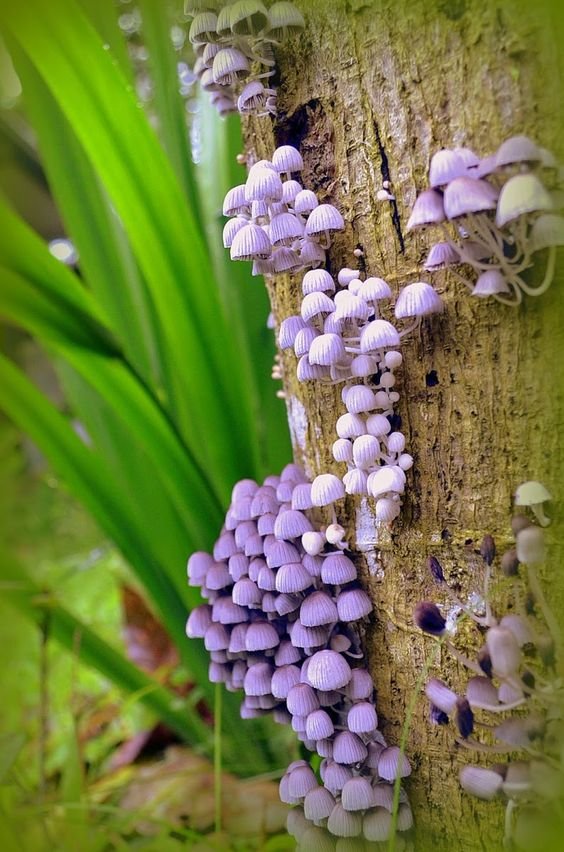
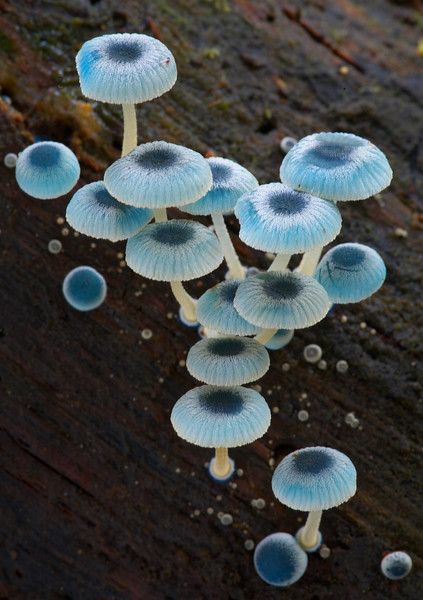
Hi! I am a robot. I just upvoted you! I found similar content that readers might be interested in:
http://www.justscience.in/articles/know-more-about-kingdom-fungi/2017/07/04